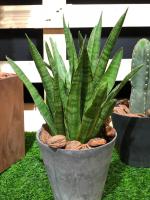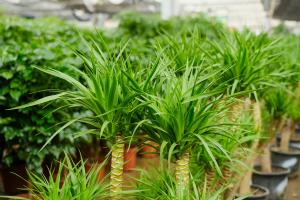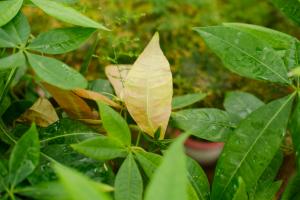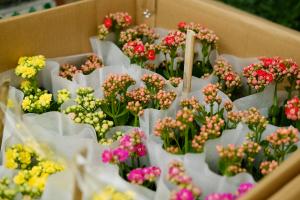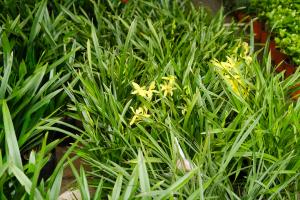Is Gravel Good for Aquarium Plants?
Aquarium plants are a beautiful addition to any aquarium. They add color and life to your tank and provide a natural environment for your fish. However, growing healthy and flourishing aquatic plants is no small feat. One of the key factors in plant growth is the quality of the substrate. One common substrate is gravel, but the question remains whether it is good for aquarium plants or not.
Pros of Gravel for Aquarium Plants
Gravel is a classic substrate for aquariums because it is inexpensive, easy to clean, and readily available. It is also heavy enough to prevent plant roots from floating to the surface, which can be a problem with lighter substrates. Additionally, larger-sized gravel can help with water circulation and the dispersion of nutrients to the plant roots.
Cons of Gravel for Aquarium Plants
While gravel has some benefits, it also has some drawbacks when it comes to growing plants. Firstly, gravel does not provide nutrients that plants need to grow, meaning that you will need to supplement it with fertilizers. Secondly, it can be difficult for plant roots to penetrate through the gravel to reach the substrate below. Finally, over time, organic debris can settle in-between the gravel, which can be difficult to clean without disturbing the roots of your plants.
How to Make Gravel Work for Aquarium Plants
If you want to use gravel as a substrate for your aquarium plants, it is important to make it work for you. Firstly, choose a high-quality gravel that is large enough to allow water to circulate, but not too large that it compacts and prevents root growth. Secondly, supplement your gravel with a nutrient-rich substrate, such as laterite or clay, to provide your plants with the necessary nutrients. Finally, be diligent with your maintenance and cleaning routine to prevent debris buildup.
Alternatives to Gravel for Aquarium Plants
If you decide that gravel is not the best choice for your aquarium plants, there are other substrates to consider. For example, sand is a great option for plants with delicate roots, such as grasses. It also helps to limit debris buildup and prevents anaerobic pockets from forming. Another option is soil, which can provide a nutrient-rich environment for your plants to grow in. It is also a popular choice for planted aquariums, also known as "dirted tanks."
Conclusion
In summary, when it comes to the question "is gravel good for aquarium plants?" the answer is both yes and no. While gravel has some benefits, such as being heavy enough to prevent root float and aiding in water circulation, it is not a good source of nutrients for plants and can be difficult for roots to penetrate. However, with proper maintenance and supplementation, gravel can work well as a substrate for your aquarium plants, but there are other alternatives to consider as well.

 how many times do yo...
how many times do yo... how many planted tre...
how many planted tre... how many pine trees ...
how many pine trees ... how many pecan trees...
how many pecan trees... how many plants comp...
how many plants comp... how many plants can ...
how many plants can ... how many plants and ...
how many plants and ... how many pepper plan...
how many pepper plan...